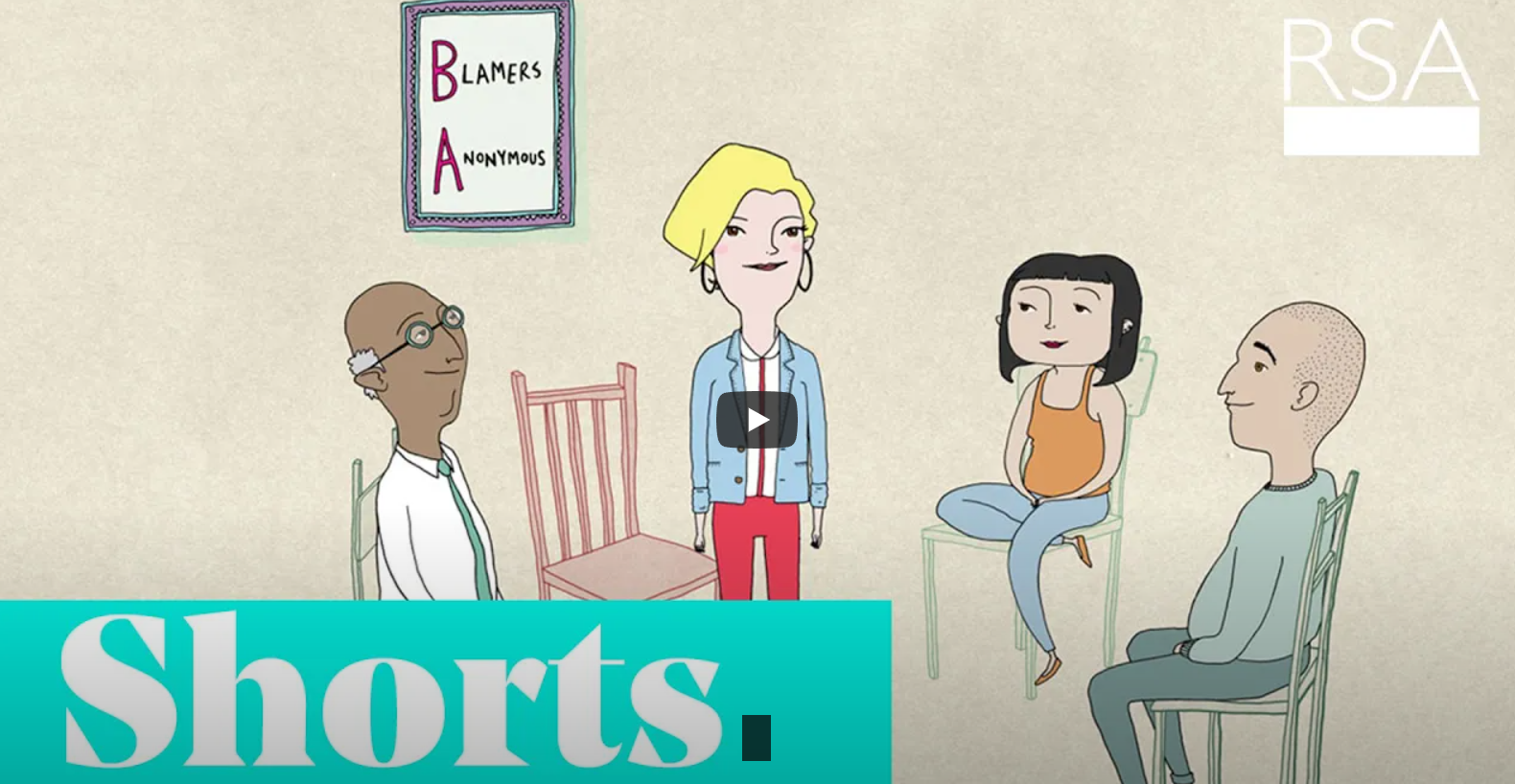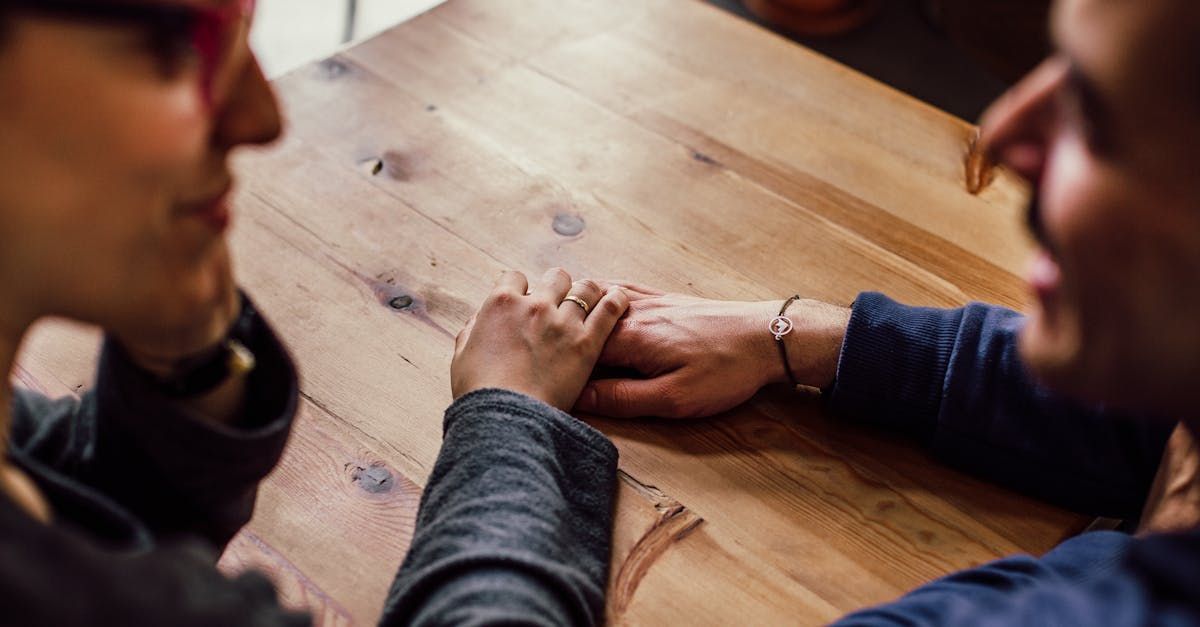Become More Loving this Valentine’s Day
Many of us will get caught up in the romance and fairy-tale aspect of love and the superficial elements of how it looks versus how it feels. If we do fall in love with the illusion of connection or security of the situation offers, we don’t let ourselves get too close to the other person. That is because, while most of us think we want love, we often actually take actions to push it away. That is why the first step to being more loving is to get to know and challenge our own defenses.

Challenge your defenses that limit true love
"Your task is not to seek for love, but merely to seek and find all the barriers within yourself that you have built against it." Rumi
Many people have fears of intimacy of which they aren’t even aware. We may be tolerant of realizing our dreams of falling in love, however intolerant of having that dream fulfilled in reality. When being loved by someone, our defenses can be activated due to unresolved emotional pain and anxiety from childhood. When we give and receive love, our unconscious stirs. Therefore, the biggest obstacle to finding and maintaining a loving relationship is often us.
As the Rumi quote above says, we have to get to know what defenses we bring to the table that ward off love. For example, if we grew up feeling rejected, we may feel anxious about getting too close to another person. We may not feel we can really trust or rely on a partner, so we either cling to that person or ward him or her off, both which lead to the same result of creating distance.
If we felt criticized in our childhood, we may have trouble feeling confident or worthwhile in our relationships. We may seek out partners who put us down in ways that feel familiar, or we may never fully accept our partners loving feelings for us, because they threaten this early self-perception.
If we felt intruded on in our early lives or if we had an “emotionally hungry” parent, we may avoid intimacy altogether and feel pseudo-independent, or we may subconsciously seek out people who depend on us to meet all their needs and more. Again, both of these extremes can lead to relationships that lack real closeness and intimacy.
The good news is we can start to break these destructive relationship patterns by better knowing ourselves and our defenses. Why do we choose the partners we do? What are the qualities we’re drawn to – good and bad? Are there ways we distort or provoke our partner to act in ways that fit with our defenses? How do we create distance? What behaviors do we engage in that may feel self-protective but actually push love away?
Move away from past defensive mechanisms that no longer serve you in the present.
As you bump up against these old familiar feelings and ingrained patterns and defenses, you can start to become conscious of how they are no longer serving you. Here are some steps in this process.
- Become conscious of critical and punishing and destructive attitudes that you have internalized in your early years.
- Differentiate from undesirable traits in your parents that you see in yourself
- Challenge the defensive reactions you had as a child that no longer serve you in the present
- Learn to live by your own values of: who do you want to be?
Therefore, go for what you want in love and life by living less defended.
How to Make Love Last
Even after we’ve dropped our guard and allowed ourselves to fall in love, as soon as we get scared, be it of losing our partner or differentiating from our old, familiar identity, we should avoid the characteristics listed above and take the following actions.
- Be affectionate. Find even the smallest ways to make contact and show affection and attraction.
- Slow down and be present. Make time to really listen and talk to your partner.
- Make eye contact. It sounds simple, but we often forget to just look at our partner.
- Do what is familiar and what you enjoy. Make time and don’t stop doing the activities you loved to do together.
- Try new things. Keep suggesting new activities and be open to ones your partner suggests. This will keep the love alive.
- Break up the routine. If doing the same thing is deadening your excitement, be open to breaking the habit and making space for spontaneity.
- Avoid passivity and control. Strive for an equal exchange of ideas. Take responsibility for your own actions and don’t try to control your partner.
- Talk as an “I” instead of a “We”. Remember you will always be two separate people and not to overstep boundaries.
- Be aware of your critical inner voice. We all have an inner enemy that criticizes ourselves and our partner and undermines our closest relationships.
- Do something independently. Just because you’re a couple doesn’t mean you have to do everything together. Don’t give up friendships and activities you enjoy on your own and don’t ask you partner to either.
- Communicate what you feel. Don’t expect your partner to read your mind. Saying what you want and feel directly helps you avoid passive-aggressive or nasty ways of relating. It also encourages your partner to do the same. Use feeling statements: I feel sad when you disengage from me.
- Go for what you want: Tell your partner what would help you feel loved and cared for.
- Avoid the “tit for tat” mentality. Love is an action each of us must choose for ourselves. When we start measuring what we do for each other, we create expectations and breed resentment instead of staying in touch with how good it feels to be loving toward someone else.
- Support the things that light your partner up. Never stop supporting and encouraging your partner to be the most alive and to do the things that make your partner feel the most like him/herself… even when those things aren’t what matter most to you.
- Take actions your partner would perceive as loving. Make sure the things you do are things that matter specifically to your partner. You may love getting flowers, but is that something that would make your partner feel loved?
- Don’t become closed off. It’s much too easy to shut down whenever we feel embarrassed, anxious, disappointed, or triggered by our partner, but we have to fight to not be closed off and push away the love that comes toward us.
Enjoy each other this Valentine’s Day!
Register for our Newsletter and receive a Free Love Chat Package
- The 5 Steps to a Better Relationship
- Ongoing Monthly Relationship Tips
- If you want more love in your life, our relationship Love Chat Package is an easy cost-free first step.

















